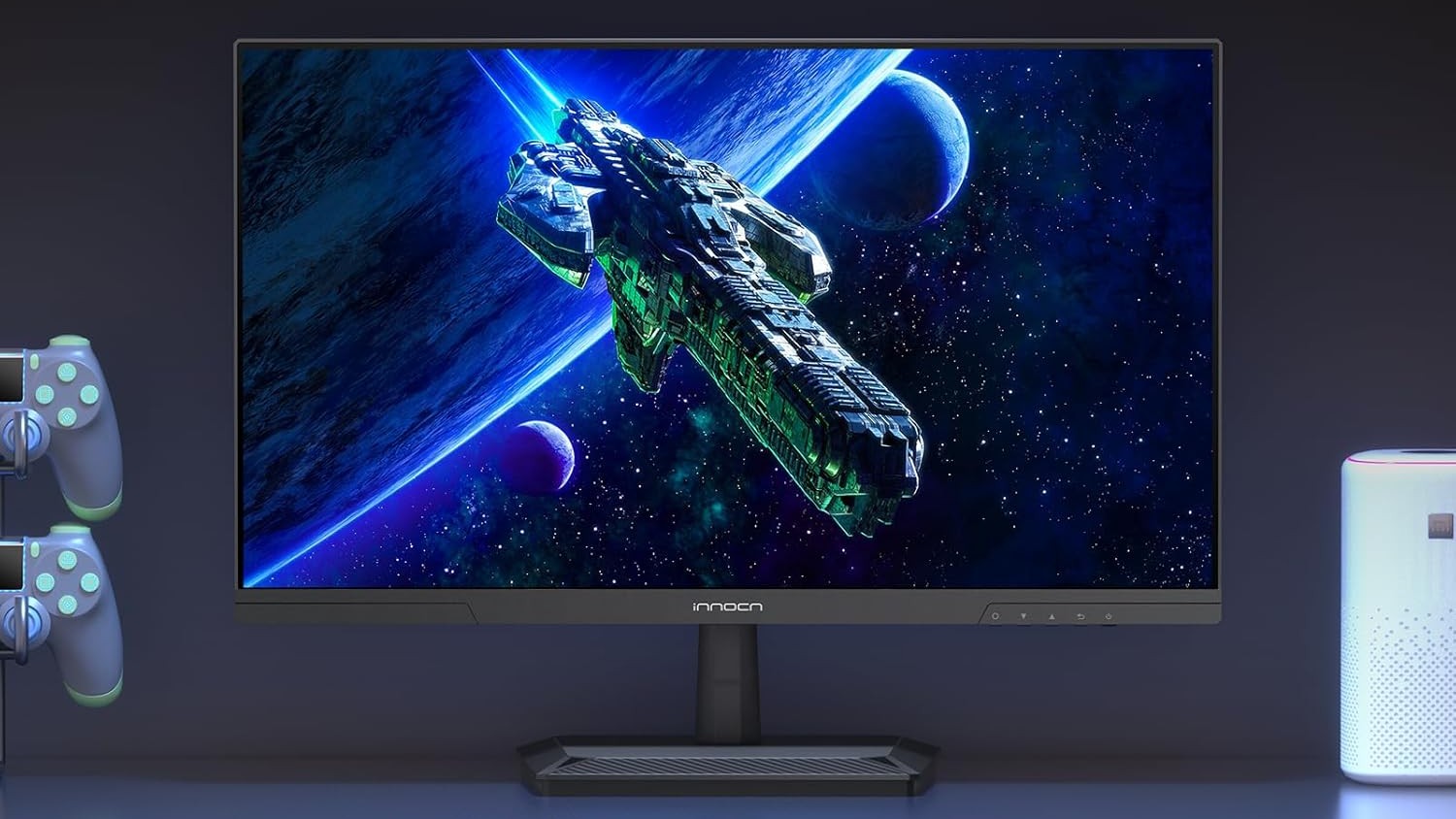Mass Effect 3's ending revisited: Overblown outrage or justified fury?
The leaked original ending, protest cupcakes, DLC retconning, and whether ME3's finale deserved the hate.
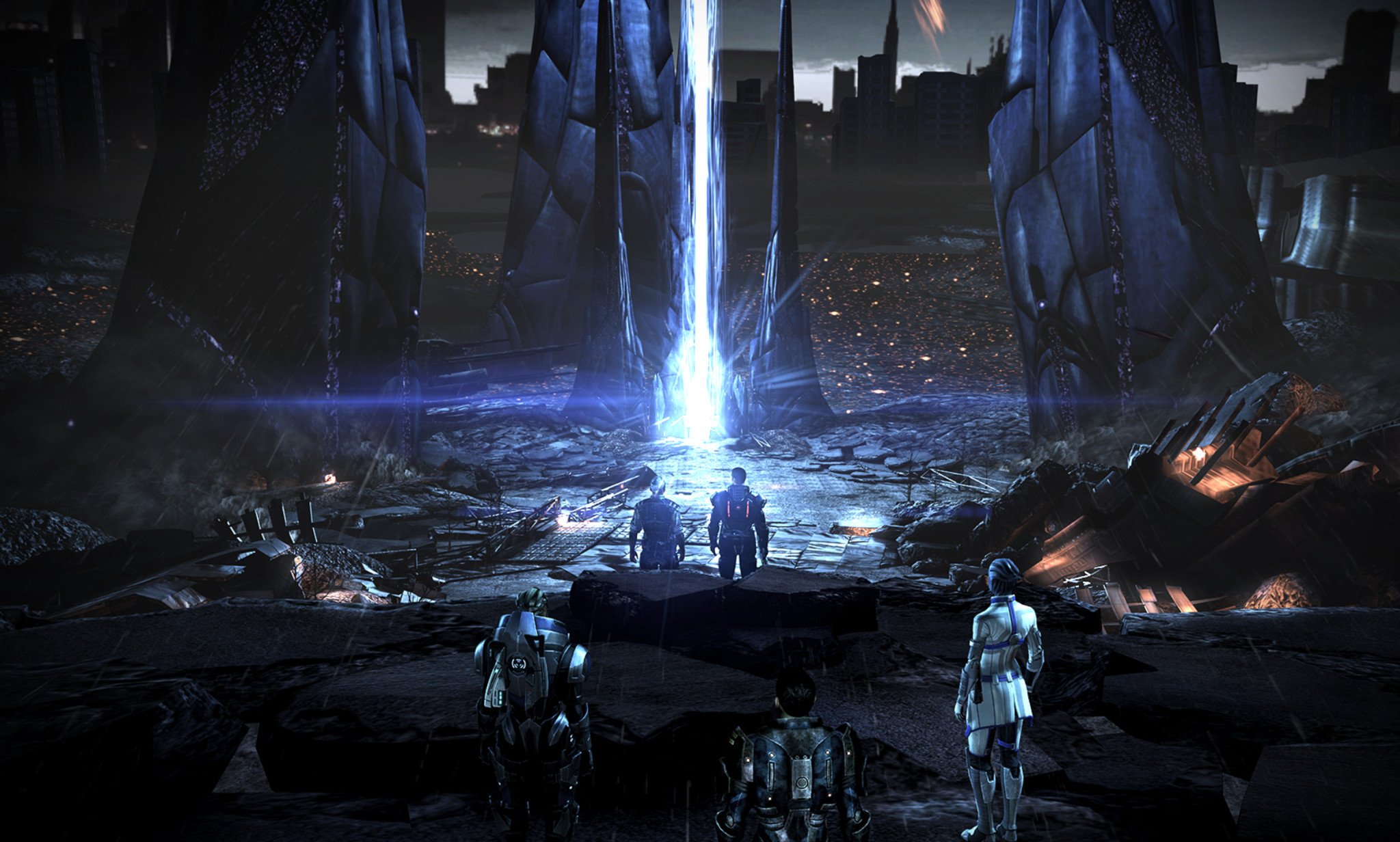
In my last semester of college, I had a sci-fi English class with a few fellow Mass Effect uberfans who were all so hyped for Mass Effect 3. We made plans to hunt down the Space Edition balloon that ended up stuck in a tree. We messaged one another about our favorite epic moments like the thresher maw attack. We built up our galactic readiness together in multiplayer.
Then, we reached the ending, and it felt a bit like our balloon of Mass Effect passion had been popped and was slowly, noisily fizzling out around us on the internet. There was a collective disappointment bordering on rage that players' 200ish-hour playthroughs had ended in such a confusing, unsatisfying way.
Gaming forums and blogs went into full-on fury mode. YouTubers started trying to salvage the ending with elaborate theories. Bioware released ending DLC to counter some of the criticisms, and people slowly moved on.
Now that the Mass Effect: Legendary Edition is shipping on May 14 with the Extended Cut DLC as the default, with no way to choose the original ending, we decided to revisit the original ending and all its controversies and fan reactions. And as you play through the series again and prepare to make your choice, it's time to decide if Mass Effect 3's ending deserves the vitriol or deserves a second chance.
Beware spoilers for the Mass Effect ending below. Do not read on until you've completed the trilogy.
How the Mass Effect 3 leak affected the ending
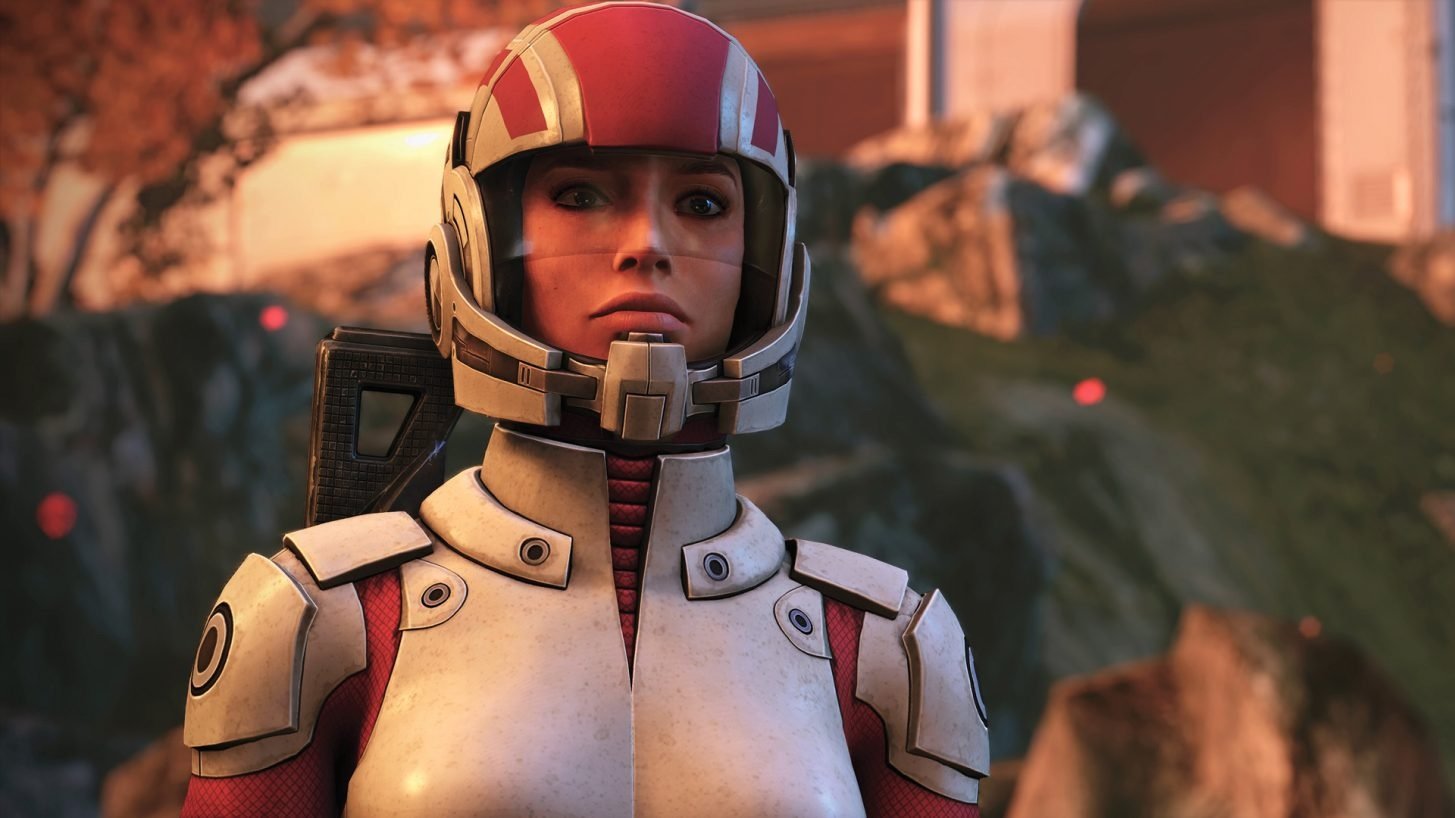
Similar to how the Last of Us II leaked before launch and sparked fan outrage, a version of the Mass Effect 3 script leaked a few months before launch with some controversial scenes players didn't like. Unlike Naughty Dog, which stuck to its guns, Bioware allegedly changed major story beats of the final game so that players wouldn't know what was coming.
That script is hard to find online these days, but thanks to Redditors we know some fascinating details of what (allegedly) could have been in Mass Effect 3:
Get the Windows Central Newsletter
All the latest news, reviews, and guides for Windows and Xbox diehards.
- Javik wasn't just a Prothean survivor; he was the Catalyst to the Crucible. When he awakes on Eden Prime, he causes so much chaos and death that Shepard is blamed and loses their spectre status.
- Kai Leng frames Shepard for the murder of a spectre, turning Kaidan or Ashley against you. During the Thessia confrontation, you must choose to save either Liara or the Virmire survivor.
- After the Citadel coup / saving the council again, Shepard is given the title "Lord Protector of the Galaxy".
- Zaeed infiltrates Cerberus to assassinate its leaders and learn more about how the troops are being augmented with Reaper tech.
- The final Priority: Earth mission, like the ending of Mass Effect 2, would have had more interactivity and consequences. As Lord Protector, you would have to order ships and troops to protect the Crucible's approach, sacrificing troops and potentially fan-favorite characters in the process.
- You sync the Crucible to the Citadel as per the original ending. You learn revelations from the Starchild, then must choose to destroy, control, or "become one" with the Reapers.
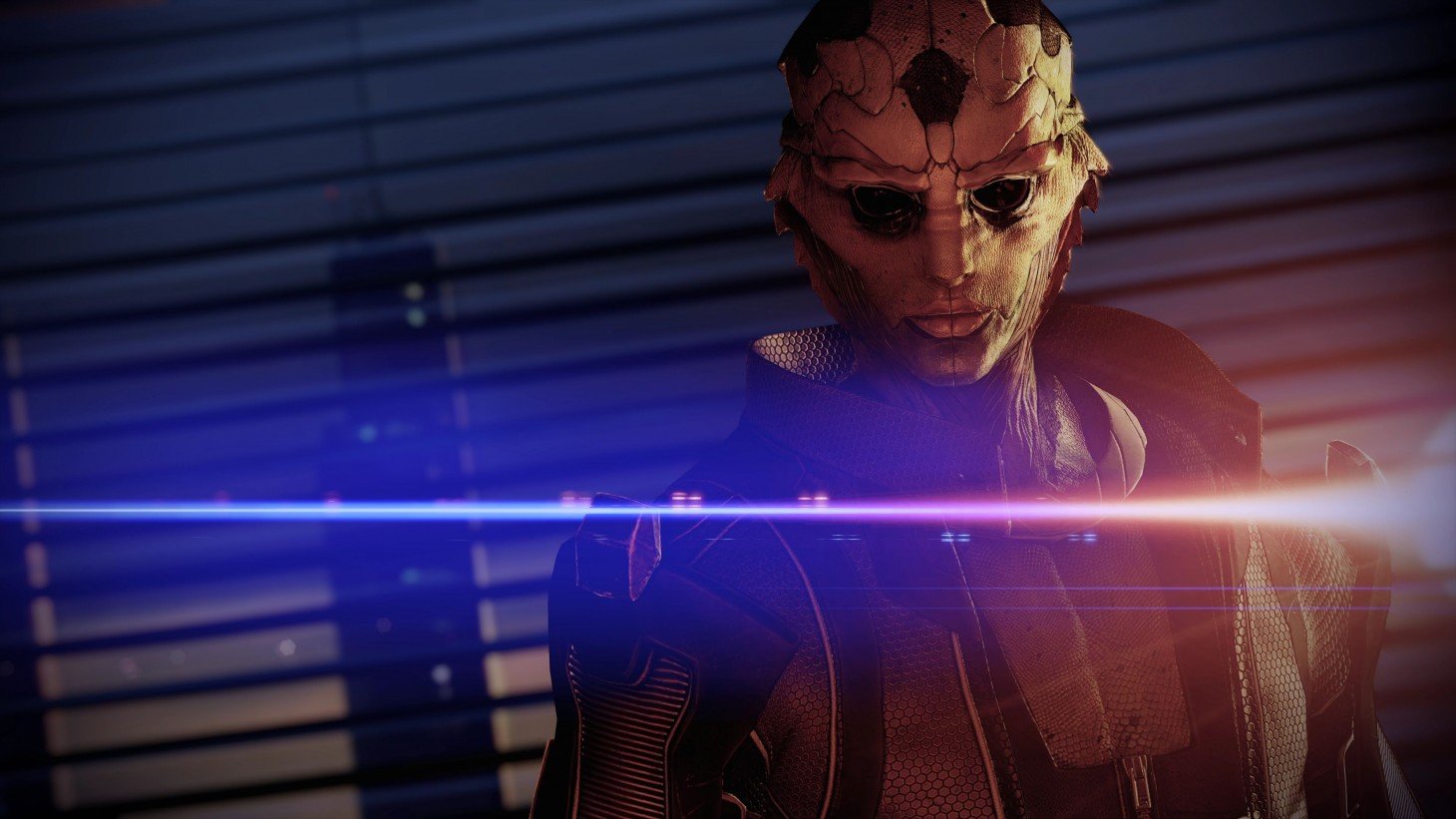
This truly only scratches the surface. Old Mass Effect 1 and 2 characters like Emily Wong, Kal'Reegar, and the Consort had major roles that were cut, benched Mass Effect 2 characters like Thane and Kasumi had longer missions, and villains like Udina were given more context for their actions. But a rushed production schedule and the leak caused Bioware to abandon many plot threads and push out a more streamlined, simplified plot.
Mass Effect's ending may have been isolated from the main narrative by design. It let Bioware change major story elements right up until release day.
Concerning Mass Effect 3's ending, it's intriguing how little changed, despite how many differences there were in the story leading up to it. It's also true that the leak didn't really reveal many details about the ending aside from the final choice.
One of the big criticisms of the Mass Effect ending is that none of your prior decisions or morality really affect it. Based on the leak, I can't help but wonder if Bioware had to make the ending isolated from the rest of the game out of necessity. It didn't know how many plot points it would be able to squeeze into the final product or what they'd have to change, so they made an ending with a single, solitary choice.
The original ending, the Extended Cut, and the indoctrination theory
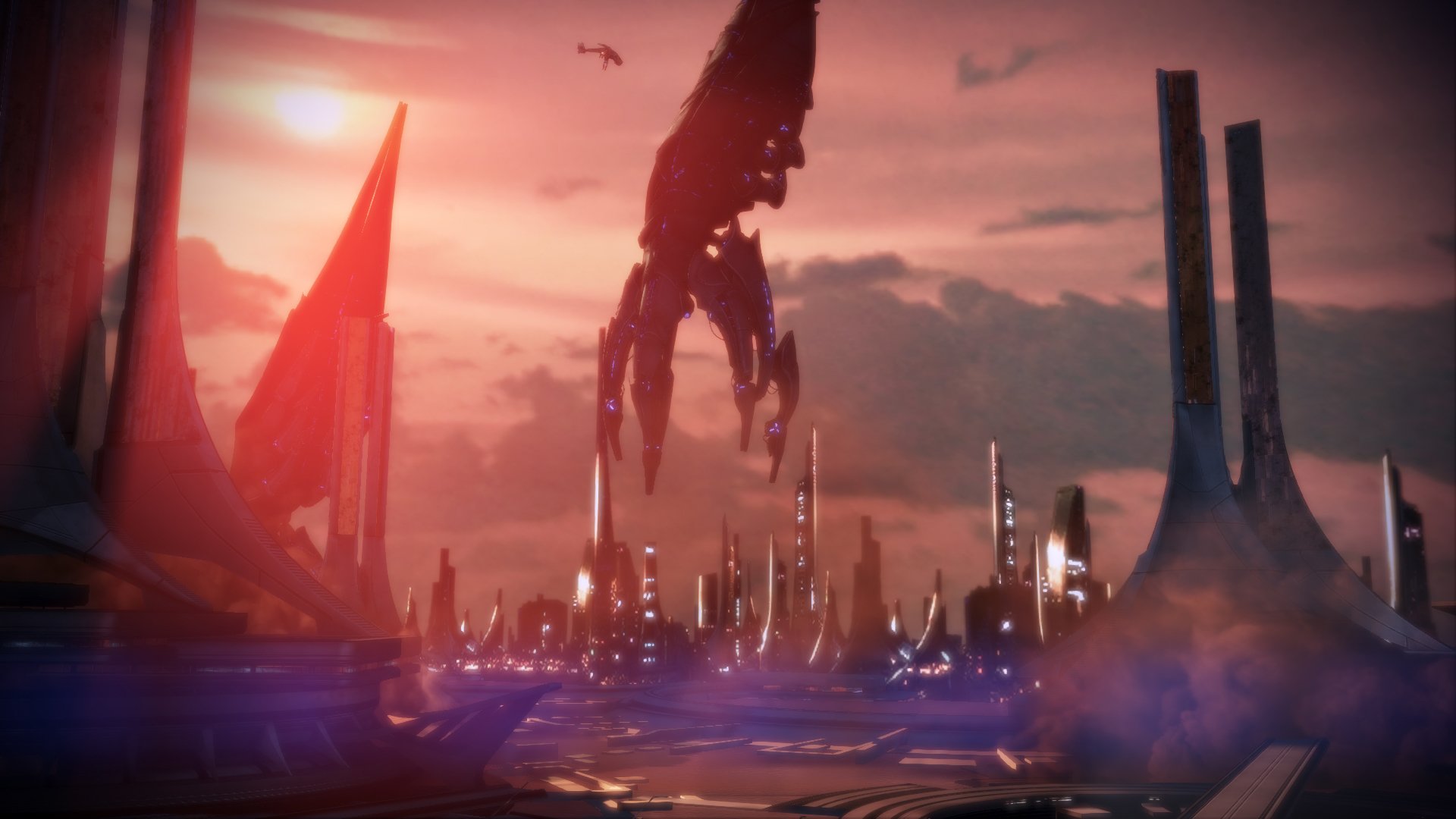
From the moment Shepard and the surviving Earth troops start charging towards the Citadel sky beam, things get confusing and depressing in the original Mass Effect 3 ending.
When Harbinger blasts you, survivors on the radio declare your whole team dead and retreat; it's heavily implied that your squadmates and assault team all died, including Captain Anderson. You warp into the Citadel, where Anderson informs you that he entered the beam right behind you but is somehow ahead of you. After the Illusive Man confrontation, Admiral Hackett suddenly contacts you to inform you that the Crucible isn't working — even though he has no reason to know you're still alive.
You encounter the mysterious Catalyst (aka Starchild). He informs you of your choices to destroy, control, or synthesize with the Reapers, arguing that organics and synthetics are doomed to kill one another. You accept his claims without protest, despite your friendship with EDI and your work to unite the Geth and Quarians against all odds.
After you choose, the mass effect relays all blow up — which, according to Mass Effect's own codex entries and the Arrival DLC, would obliterate any habitable planets within range, killing billions of sentients no matter which ending you chose. The Normandy barely escapes the blast, which implies that the rest of the fleet you recruited all died in the explosion. Then, the game ends.
All of this combines to make the ending seem like a horrifying fever dream rather than a coherent narrative or triumphant victory. And that's why so many people gravitated towards the indoctrination theory, which suggests the ending is an elaborate mental test for Shepard, whose mind Harbinger is attempting to "assume direct control" over.
The original ME3 ending is more like a horrifying fever dream than a coherent, triumphant moment.
Choosing destroy meant you fought off Harbinger's influence — which is why it's the only ending where Shepard can survive — while choosing synthesis or control means you fall for the same temptation that corrupted Saren and the Illusive Man. It may sound far-fetched, but the above video shows enough in-game evidence that you can understand why gamers embraced the theory.
Was this intended by the developers? Almost certainly not. In an interview with The Gamer, Bioware writer Chris Hepler said that while he's a fan of the theory, the developers: "made some of the ending a little trippy because Shepard is a breath away from dying and it's entirely possible there's some subconscious power to the kid's words, we never had the sort of meetings you'd need to have to properly seed (the Indoctrination Theory) through the game...We weren't that smart."
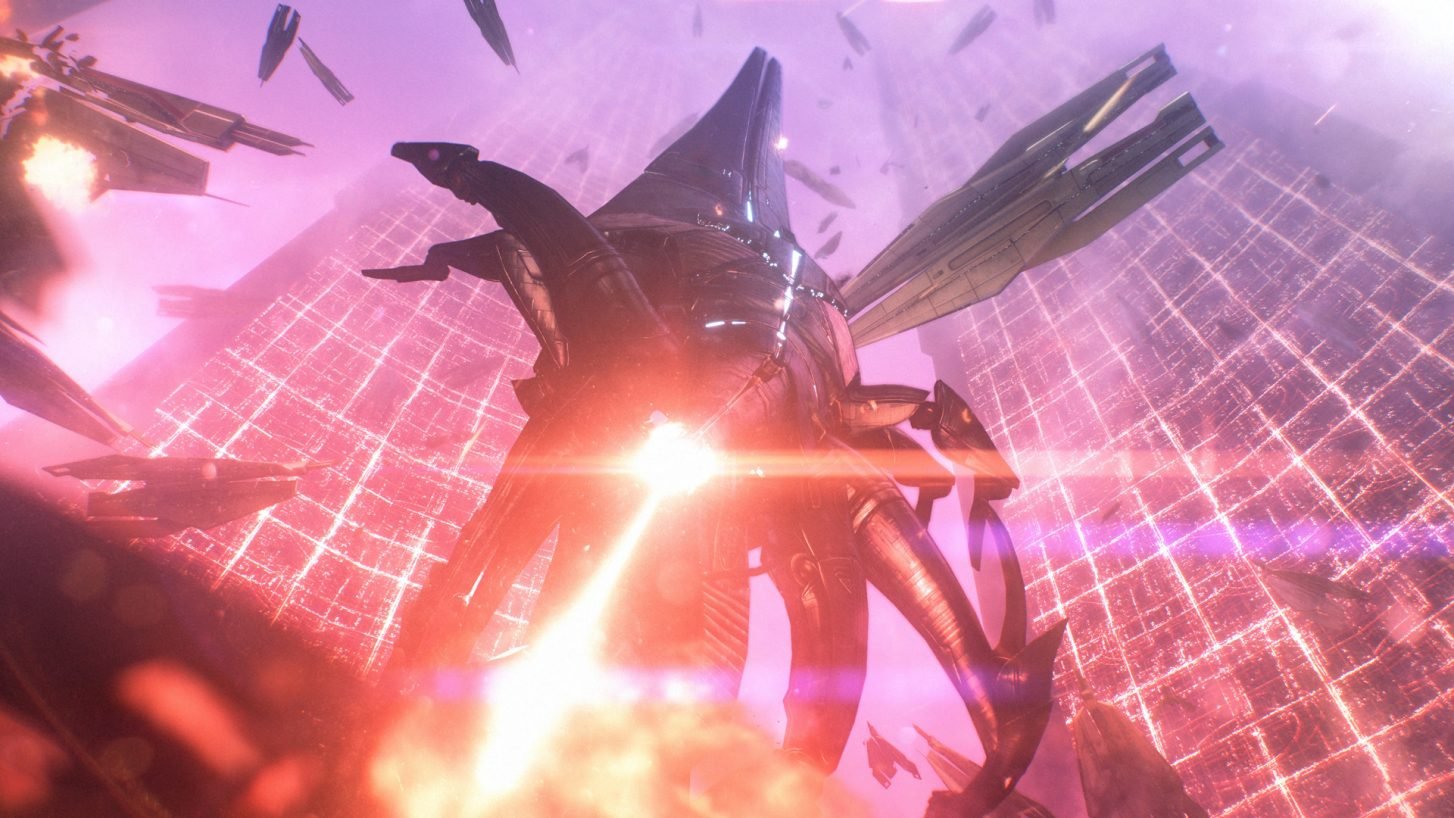
The ending's vagueness was either a stylistic choice or one born out of a rushed production schedule. Either way, the developers responded by releasing the Extended Cut, which focused on removing the above plot holes and giving you more information about the impact of your choices.
The Mass Effect wiki has a great summary of the changes. For starters, you see firsthand whether your squadmates survive or perish. You learn that only the Normandy is caught in the blast because Joker didn't want to leave you behind. Bioware also retconned the relay explosions to say they were only damaged, among other changes of that nature.
The Refusal ending was Bioware's defiant rebuke to players who thought they could beat the Reapers in a straight fight.
Most importantly, it added a fourth ending option where you refuse to use the Crucible, allowing Harbinger and friends to harvest the galaxy. Most players who wanted to beat the Reapers in a straight fight saw this option as a slap in the face more than an olive branch.
The Extended Edition cleaned up plot holes but didn't change the fact that the Reapers really were too powerful to be stopped. You had to use the deus ex machina of the Crucible to defeat them, and in-game actions like saving both the Geth and Quarians only mattered because they slightly raised your Effective Military Strength. You could do the same by playing a few rounds of multiplayer.
Alternative Mass Effect endings
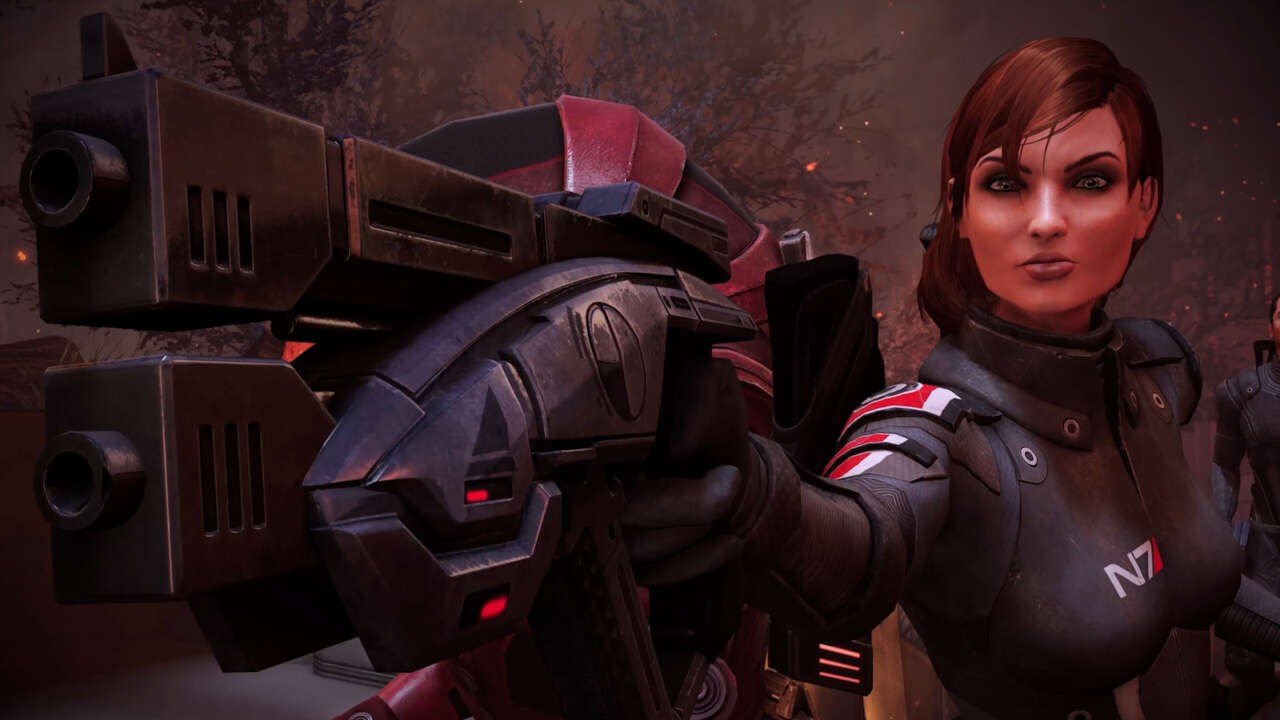
People have talked for years about Mass Effect 2 writer Drew Karpyshyn's alternative ending to the series, where the Reapers were "wiping out organic life because organics keep evolving to the state where they would use biotics and dark energy and that caused an entropic effect that would hasten the end of the universe."
Mass Effect 3 writer Chris Hepler, meanwhile, told The Gamer that he wanted to turn the Crucible into a specialized Reaper-killing nuke based off of a superweapon in a sci-fi novel he liked, but that he never had time to pitch the idea before Bioware leads chose the current ending.
It's tempting to think about the what-ifs of how different the Mass Effect ending could have been. However, the dark matter ending, where you would potentially have to sacrifice organic life to stop the universe from dying, could have been just as bleak and isolated from your past in-game decisions (dark energy is also barely mentioned in ME1 and ME2).
Hepler's ending, meanwhile, would have felt just as much like a deus ex machina, with a superweapon that conveniently only hurts reapers but doesn't hurt people. It also could have led to Bioware getting sued for plagiarism, by Hepler's own admission.
Bioware didn't lay the groundwork for any specific ending in its first two games and made the Reapers too powerful to beat conventionally. I'd argue that no matter which galaxy-saving superweapon you used — or justification the Reapers used to harvest organic life — no ending was going to feel entirely earned or natural.
Reactions to the final Mass Effect 3 ending
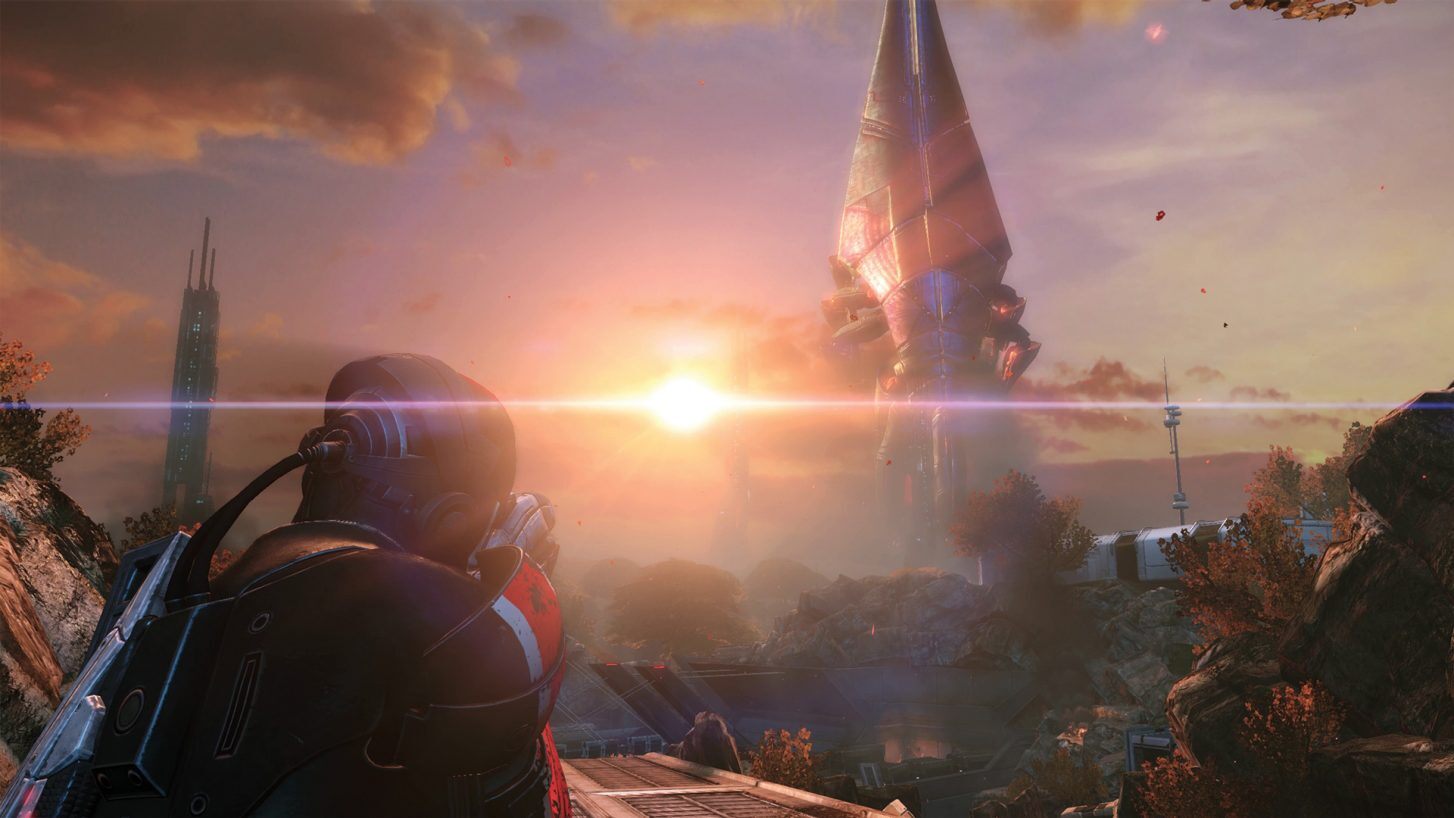
In the most notorious reaction to the Mass Effect ending, one superfan sent 400 cupcakes to Bioware's offices; all of them were vanilla flavored, with red, blue, and green frosting on top to represent the three endings. The implication was that the different colors (or endings) couldn't mask that the cupcake tasted bland and identical no matter which you chose.
Players also lamented the lack of a final boss battle, noting that the last enemy you fight is a single shielded Marauder that automatically shoots you as you walk towards the sky beam. It eventually became a meme that a Turian named Marauder Shields had tried heroically to stop the player from experiencing Mass Effect's "terrible" ending.
Fans' disappointment and emotional responses at the time were at least understandable. But now that we're far enough out to think rationally and critically about the ending, I asked my colleagues for their thoughts. Here were their responses, condensed for brevity:
"Either Shep gives up control over her own being or commits genocide. Nobody wins."
"None of the three main endings are particularly 'good.' Destroy is probably the least problematic ending since you can rebuild AI after the Crucible destroys them all. If you want to play a Shep who wants to maintain her sense of control, Refusal is a fun way to go, but I can't see a world where Shep just outright doesn't deal with the Reaper threat. Overall, the main problem with the endings isn't that it doesn't take into account your choices, but that none of them are satisfying for the player. Either Shep gives up control over her own being or commits genocide. Nobody wins." — Carli Velocci
"I think the criticism about the ending was very overblown, and I think it overshadowed everything else that was great about ME3. Even if the ending wasn't great, the rest of that game still had a ton of emotional and satisfying conclusions to story arcs." — Brendan Lowry
"None of the options in that final choice are set up for Shepard. Every other time there's a big decision in the series — like with the Rachni queen — other characters comment to present the pros and cons. This is necessary because it establishes the consequences of each choice. With the finale, you pick an ending and boom, cutscene. There's no emotional investment, no real feeling of weight to the choices. When I can pick the ending of a game with less passion than I have for picking a flavor of ice cream, something is wrong." — Rachel Kaser
"At the time, I thought people's response was completely overblown. What I realized was that the endings themselves weren't necessarily the issue. It basically didn't matter what you did throughout an entire series that was supposed to evolve with your choices; your actions in the game end up being almost meaningless. With that said, I actually loved the destroy ending and felt it made the most sense in the story's context." — Nick Sutrich
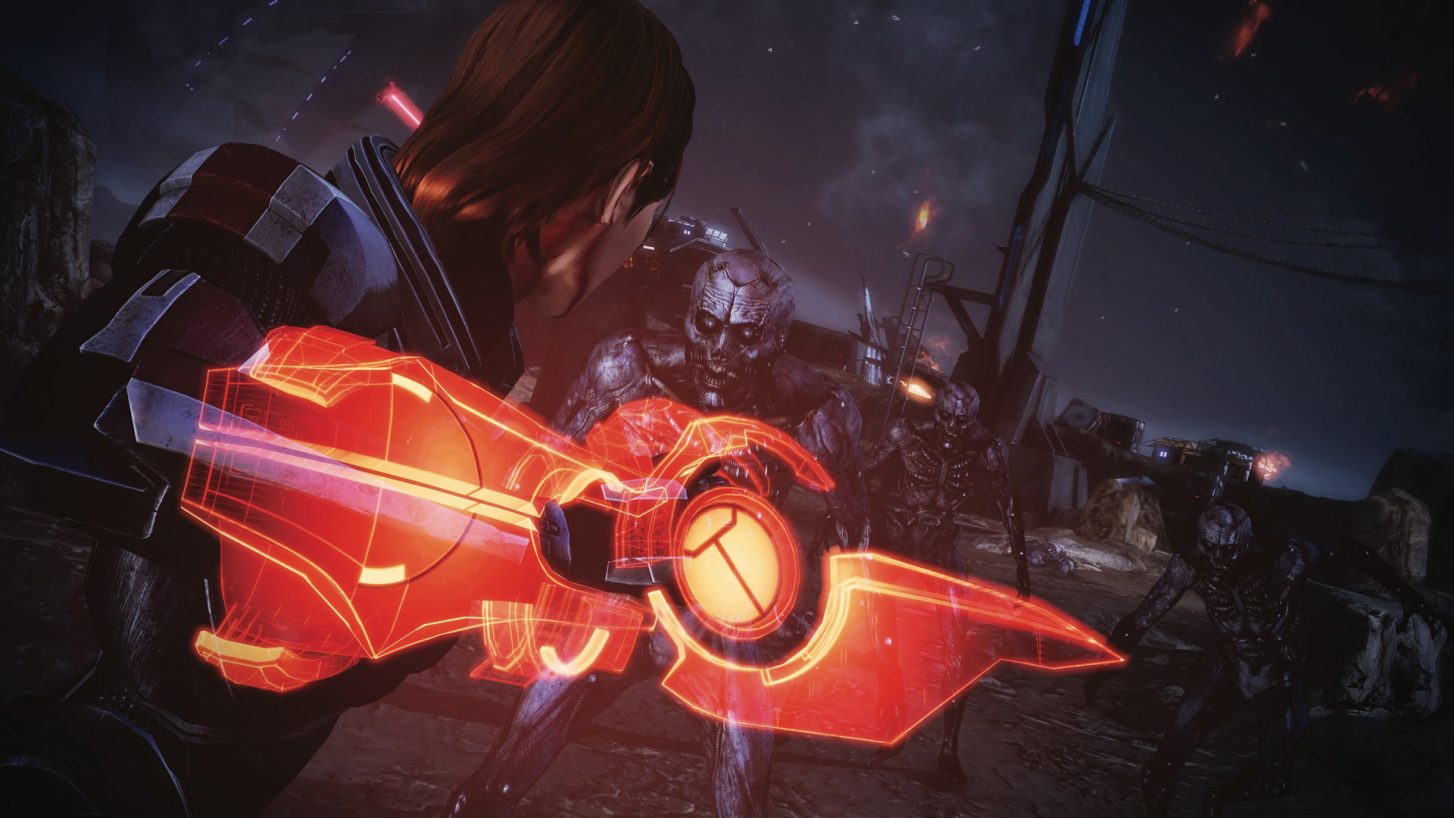
I generally agree with both sides of the debate. On the one hand, I found it melodramatic when people said the ending ruined the entire series. ME3 still had satisfying payoff moments like the genophage cure that culminated from all three games' storylines. I still replayed it with my other Shepards and enjoyed the main story beats every time.
On the other hand, I can't deny that the ending is incredibly unsatisfying and gives you a series of deeply unpleasant options.
Choose Destroy, and you commit genocide against the Geth and the previously harvested civilizations kept within the Reapers. Choosing Control preserves the status quo in the galaxy, but converts you into a synthetic consciousness that subsumes the other Reapers, then isolates you in deep space away from your friends and loved ones — making it unclear how much of your identity will survive centuries later to stop the Reapers from returning.
Synthesis, despite being the "best" solution according to the Catalyst, converts the galaxy into a giant hive mind without anyone's consent, removing people's privacy of thought and possibly their individuality. And Refusal, of course, means standing and watching as everyone dies.
Which Mass Effect ending is your favorite?
We're all excited to replay the original trilogy, even if the ending may leave a sour taste in our mouths. The original Mass Effect is getting the biggest gameplay and graphical overhaul, Mass Effect 2 is one of the best Xbox games ever, and Mass Effect 3 has the Citadel DLC: the amazing, fanservicey ending to the series that diehard fans deserved.
In my case, I'm much more excited for the next Mass Effect, whether it turns out to be a sequel to the original games, Mass Effect: Andromeda, or both.
Whenever it is set, the new game will have to address the elephant in the room: which Mass Effect 3 ending Bioware decides is canon. The differences between them are far too drastic to let players have a choice between the three.
So, which ending do you hope Bioware will extend into the next game? Did you have a more positive (or negative) reaction to Mass Effect 3's ending than we did? Let us know in the comments!
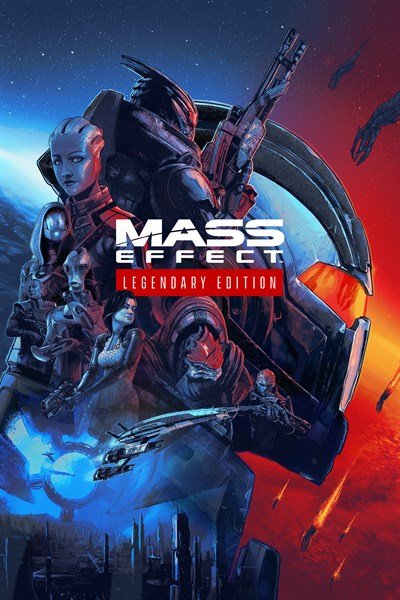
What choices will you make?
The Mass Effect trilogy remaster gives you graphical improvements, loading time reductions, combat and Mako improvements for the first game, and bug fixes. Plus, it comes with almost all the DLC — including the Extended Cut ending and the better Citadel DLC ending.
Learn more secrets and tips for Mass Effect Legendary Edition.
- Mass Effect 3's ending revisited
- The ultimate Mako showdown
- Best and worst decisions you can make
- Can these aliens be pets?
- Rare scenes you probably missed
- What the Mass Effect Legendary Edition enhances
- What can the next Mass Effect learn from the remaster?
- Why we'll miss the multiplayer
- Now it's Dragon Age's turn

Michael is the Senior Editor of VR and fitness tech at sister-site Android Central, but happily lends his help to the Windows Central team for games coverage.
